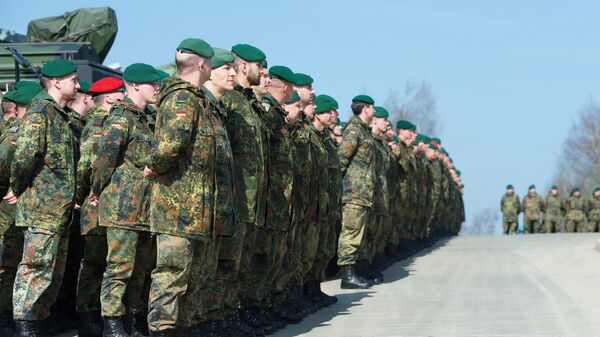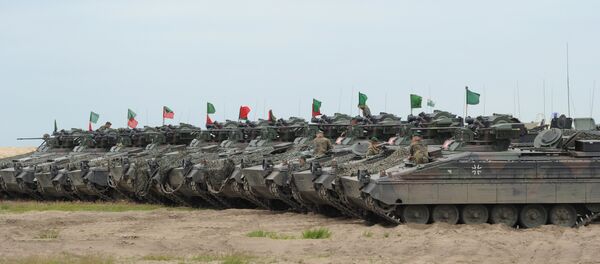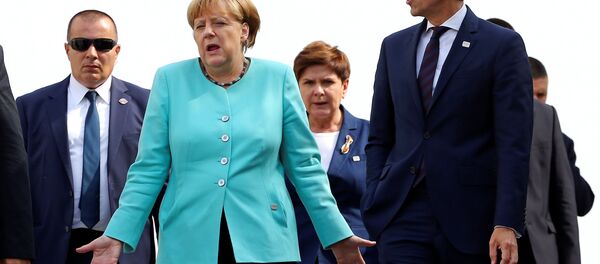"The main issue is whether we are building a federal Europe or a Europe of nations," he said.
Establishing an EU army, an initiative championed by European Commission President Jean-Claude Juncker, will in the politician's opinion move the political and economic bloc closer to a federal Europe, something the current Polish leadership has been vehemently opposed to.
"Foreign Minister Witold Waszczykowski and Polish President [Andrzej Duda] have clearly stated that a federal Europe is a melting pot that will lead to cultural and national distinctions leveling out. It will create a product that will harm the European Union itself," Olszewski said.
Poland's vision for the post-Brexit Europe involves providing more power to the European Council and member states, as opposed to supranational European institutions. Jaroslaw Kaczynski, the leader of the ruling right-wing Law and Justice party (PiS), said as much in June.
Olszewski further said that Washington will not be happy about the initiative aimed at creating a joint European military force independent of NATO.
It is "adverse to what the US is saying and [Washington's] strategy in global politics," he noted. "Germany and France have always tactfully objected to those directions that the US 'outlined' for the European Union."
The topic of increased defense cooperation featured prominently at the first EU summit held without Britain, but this does not mean that a common European force will be created in the near future.
For Olszewski, an EU army is not something that European leaders should focus on. He described the initiative as an "artificial issue," at least at the moment.
"What role will the United States play not only in Europe, but also in the world, taking China's economic growth and the new Silk Road, as well as Russia and India into account. This is what is important at the moment. This is what European leaders must address. There are no answers to these questions. This means that EU leaders do not want to think about the future," he said.




